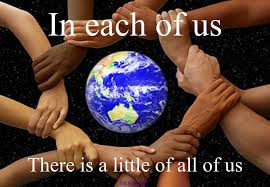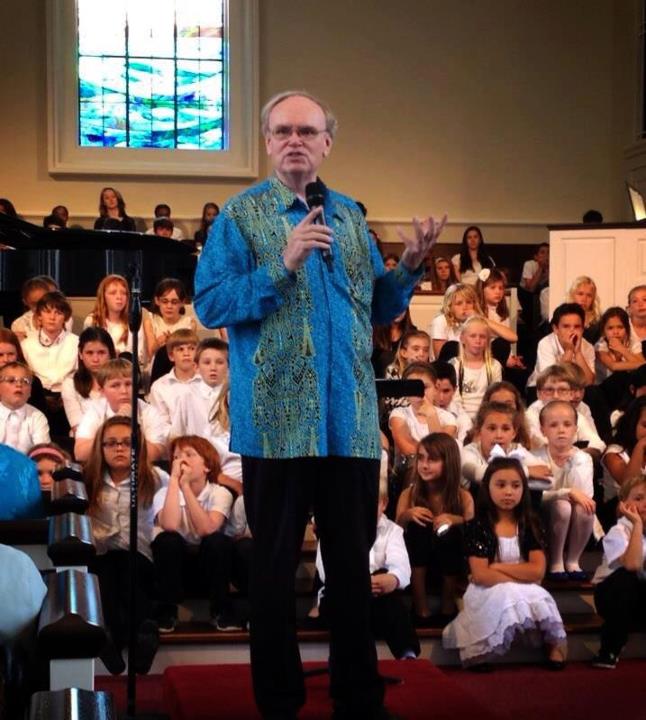It goes without saying that we are living in a highly complex world. Nothing new about that. What is new is the degree to which entities are in conflict and the amount of backsplash our world is experiencing, seeing, hearing, and feeling today, August 7, 2014.
Cruelty beyond our first-world imagination is happening on an epic scale in the Middle East. Right now. As we speak. Hungry and thirsty children are arriving at our borders with nothing but hope for a better life. Watching the news on these and other issues is not for the faint of heart and, unfortunately, watching too much news has been known to actually impair our abilities to be a positive forces for good in the world. We tend to develop entire theories and galvanize mindsets about other people based upon the carefully chosen sound bytes we hear and the images we see over and over (and over and over) again. Like the nauseous repeat of a controversial call on the football field, the video snippets from atrocities in progress get replayed and replayed to the point they almost don’t affect us anymore. Almost.
Practically speaking, there’s very little that most of us can do to solve problems halfway around the world, particularly issues that entire governments, political embassies, and presidential administrations have been trying to solve for decades or even centuries. But while there may be little we can do for the cause of peacemaking abroad, there is a world of good we can do in our own homes, next door, across the street, across town, or on the other side of the Interstate.
This is where our student choir work is so wonderfully, terribly important. In the student choir environment which we create, we can guide students into the ways and means of peacemaking. It’s all about the little things. It’s about offering a cup of cold water in Jesus’ name. About helping someone who cannot help themselves. About giving to someone who cannot give back. It involves working, practicing as a (peaceful) team, singing as a (peace-filled) unit, and caring as a (peace-giving) ministry to others. There’s nothing quite like a choir of peacemaking students. Few things in this world are more powerful. Some of us have seen it with our own eyes and heard it with our own ears. It is holy magic!
But peacemaking goes beyond even that. It has to do with finding peace in our own hearts … acknowledging the conflict within and allowing the grace of Christ to apply divine healing to it so that I am not a fragmented, torn person. The peacemaking we do within ourselves will naturally radiate outward to those who need peace in their own lives and relationships.
“Let there be peace on earth, and let it begin in me.”
And Jesus said, “Blessed are the peacemakers, for they shall be called the children of God.”
Go and sing likewise.










